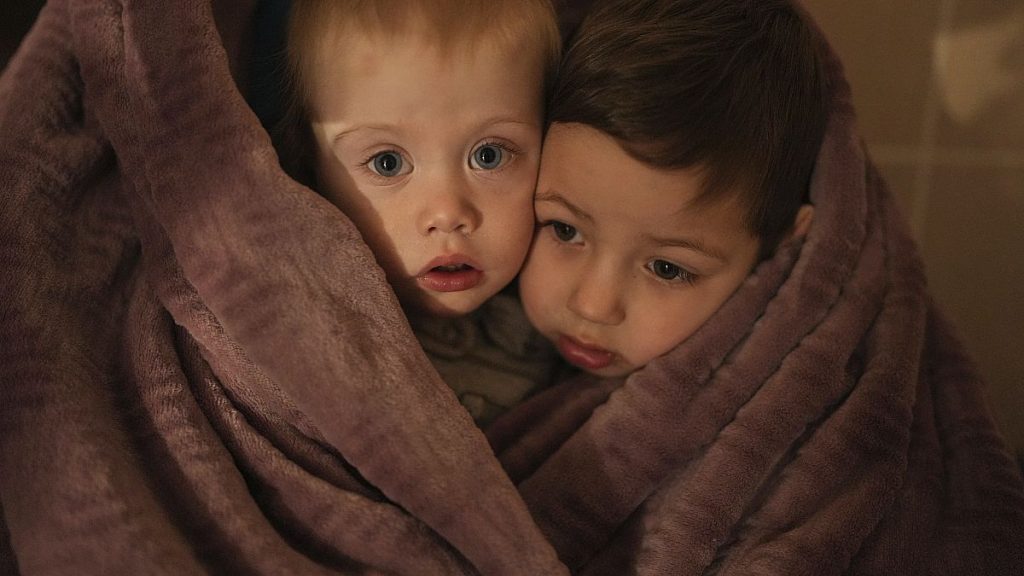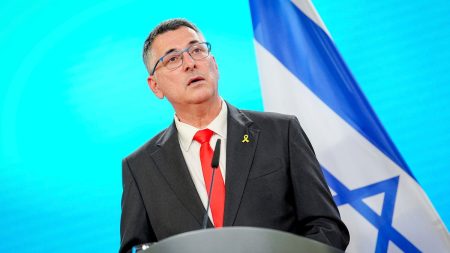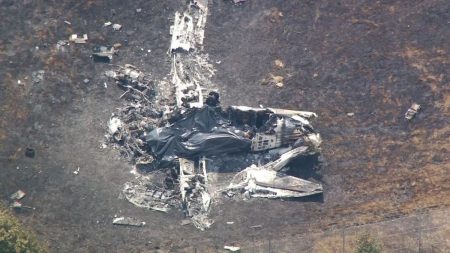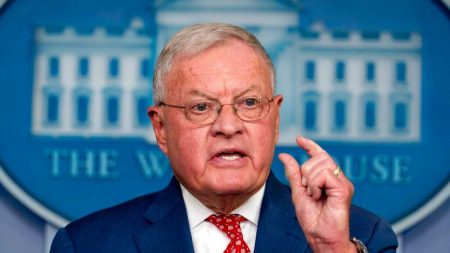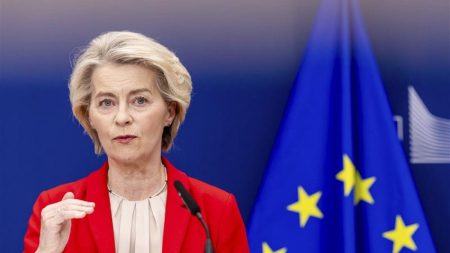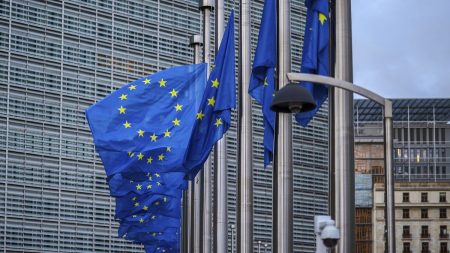The Yale Humanitarian Research Lab (YHRL) has released a report highlighting the systematic forced deportation and coerced adoption of Ukrainian children by Russia, framing these actions as potential crimes against humanity. The study indicates that this initiative began in early 2022, coinciding with Russia’s full-scale invasion of Ukraine. The report details how Russian authorities have removed children from their homes, detained them for extended periods, and subjected them to aggressive efforts aimed at indoctrination before finalizing their adoption into Russian families. According to Ukrainian officials, over 19,500 children have been forcibly taken, while the YHRL has identified 314 children who have already been adopted under Russian guardianship. The forced adoptions are part of a broader intent to “Russify” Ukrainian minors, stripping them of their national identity and heritage in a systematic fashion.
The methodology behind Russia’s coerced adoptions is multi-faceted and includes the alteration of legal frameworks to facilitate the swift granting of Russian citizenship to Ukrainian children. The study reveals that Russian officials have manipulated databases to categorize these children as Russian, erasing their Ukrainian origins from official records. Analysis of the databases shows that nearly half of the identified children have siblings, raising further ethical concerns when multiple children from the same family are separated through this process. Following the unilateral annexation of occupied territories like Donetsk, Luhansk, Kherson, and Zaporizhzhia in September 2022, transference to Russian adoption databases intensified, showcasing a coordinated effort to systematize the forced placements.
In addition to forced adoption, the report discusses the indoctrination process that Ukrainian children are subjected to while housed in temporary “midpoints” prior to adoption. The re-education consists of military training for older children, alongside cultural indoctrination for the younger ones, aimed at instilling pro-Russian sentiments. Some older children have attempted to flee Russia, fearing conscription into the military and retention of Russian citizenship against their will. Such experiences underline the traumatic impact of this forced relocation and reeducation program, revealing the intersecting military and political motivations of the Kremlin in targeting Ukrainian youth.
The timeline of this coerced adoption strategy further illustrates its interconnection with military operations. The report asserts that Russian forces began relocating children from occupied areas days before the invasion, under the pretense of protecting them from potential conflict. The establishment of logistical missions utilizing military aircraft underlines the high-level involvement of Russian officials, including President Vladimir Putin himself. The report emphasizes that such actions cannot be dismissed as incidental; instead, they show a calculated and coordinated effort to remove Ukrainian children from their origins and integrate them into Russian societal frameworks.
Furthermore, the document raises questions about accountability for these actions. While Ukrainian officials claim a conservative estimate of 19,500 forcibly deported children, a larger number may be at stake, especially considering that around 1.5 million children living in currently occupied regions remain at high risk of similar deportations. The International Criminal Court (ICC) has already issued arrest warrants for Putin and his child rights commissioner, Maria Lvova-Belova, specifically for their roles in these actions. This points to an international acknowledgment of the seriousness of the situation and the potential for legal repercussions for those responsible for the systematic removal of children from their families.
The findings presented by the YHRL support a narrative that might lead to broader implications for international justice mechanisms, with the potential for further charges against key figures such as Putin and Lvova-Belova. The research serves to bolster the existing case against these individuals involved in the unlawful deportation and re-adoption of children from Ukraine. By providing crucial evidence about these operations, the YHRL hopes to facilitate accountability and highlight the humanitarian crisis stemming from Russia’s military aggression and systematic targeting of Ukrainian families. This comprehensive report may serve as a pivotal resource in advancing legal processes aiming to address and rectify such acts of inhumanity.




